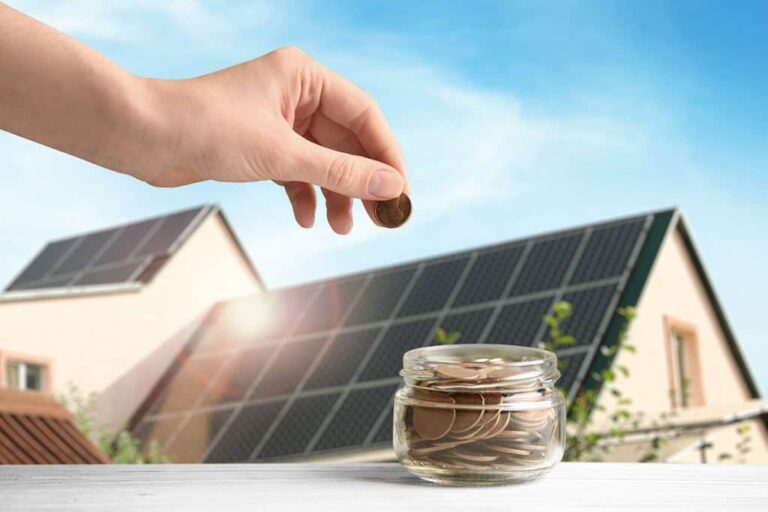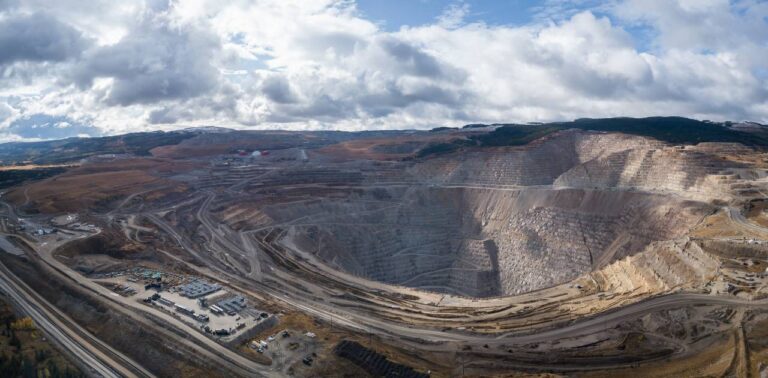Have you ever wondered how a simple electronic object, which travels thousands of kilometers from China to Brazil, can cost only R$1.99? This question leads us to reflect deeply on the real cost of the things we consume daily. Often, we are so caught up in the fast pace of everyday life that we don't stop to think about the impact behind our purchases. After all, what is the real price of a product that seems so cheap?
The documentary “Story of Stuff” sets out to answer this question and goes further, exploring the social and environmental impacts of unbridled consumerism. In just 21 minutes, this enlightening video takes us on a journey that reveals the often invisible consequences of our consumption habits.

The Journey of Products: From the Other Side of the World to Your Hands
When you buy a cheap product, like that $1.99 electronics, there’s a long story behind its production, transportation, and distribution. Each step of that journey leaves a significant mark on the environment and the communities involved. From the extraction of the natural resources needed to manufacture it, to the environmental impact of transcontinental transportation, the ecological footprint of these items is much larger than it seems.
Modern consumerism encourages us to acquire more and more things, often without reflecting on the origin and destination of these products. This is where the importance of understanding the “Story of Things” comes in. The documentary highlights how the life cycle of products is full of unsustainable practices that negatively affect the environment and people around the world.
The Hidden Cost of Consumerism
The key word here is “consumerism.” Our constant desire for new products fuels an industry that, in many cases, prioritizes profit over sustainability. The documentary “Story of Stuff” not only explores the environmental problems generated by consumerism, but also highlights the social injustices that arise from this economic model. Workers in developing countries often face poor conditions, low wages, and exhausting hours to produce goods that, to us, are disposable and low-cost.
Furthermore, the video makes us think about the impact of consumerism on the environment. Mass production requires the relentless extraction of natural resources, such as rare earth metals and fossil fuels, depleting the planet’s resources. This process generates a huge amount of waste and pollution, contributing to problems such as global warming and the destruction of ecosystems.
The Role of Society in the Consumption Cycle
Our society plays a crucial role in perpetuating the cycle of consumption. From a young age, we are conditioned to believe that the act of buying brings us happiness and personal fulfillment. Advertisements and marketing campaigns bombard us with the idea that we need more and more products to be happy and successful.
However, the documentary “Story of Stuff” challenges us to question this mindset. It shows us that the true cost of consumerism goes far beyond the price we pay at the store. Every purchase we make has an impact that reverberates throughout the entire production chain, affecting the environment and the lives of workers around the world.
Rethinking Our Consumption Habits
One of the most powerful messages of the documentary is the need to rethink our consumption habits. We live in a society where consumerism is encouraged, but it is possible to adopt a more conscious and responsible attitude. This means making choices that prioritize sustainable, durable and ethical products, and that consider the impact of these choices on the environment and communities around the world.
The documentary reminds us that by changing our consumption habits, we can contribute to a more sustainable and fair future. Small actions, such as choosing products with a lower environmental impact, reducing waste and supporting companies that adopt ethical practices, can make a big difference.
The Impact of Information: Knowledge is Power
Knowing the “History of Stuff” is an important step towards making more informed decisions. When we understand the impact of consumerism on the environment and society, we can choose different paths that promote sustainability. The documentary highlights the importance of being informed about what we buy and how these products are made.
Information is a powerful tool in the fight against rampant consumerism. By sharing knowledge about the negative effects of consumerism, we can inspire others to rethink their own consumption habits and act more responsibly. After all, the power to change the world begins with each and every one of us.
Reflections on the History of Things
The documentary “Story of Stuff” offers us a critical and revealing view of the life cycle of the products we consume. It invites us to reflect on the impact of consumerism on the environment and on the people who produce the goods we use every day. By understanding the complexity behind each item we buy, we are motivated to make more conscious and responsible choices.
We live in an era where consumerism is prevalent, but that does not mean we should passively accept the consequences of this model. We can and should question the system, opt for more sustainable alternatives and promote more ethical and conscious consumption. The “Story of Stuff” shows us that by rethinking our consumption habits, we can contribute to a fairer and more balanced world.
Watch the documentary:
Check out other interesting facts about recycling clicking here.
Learn how to make art by recycling, Click here.
Summary



